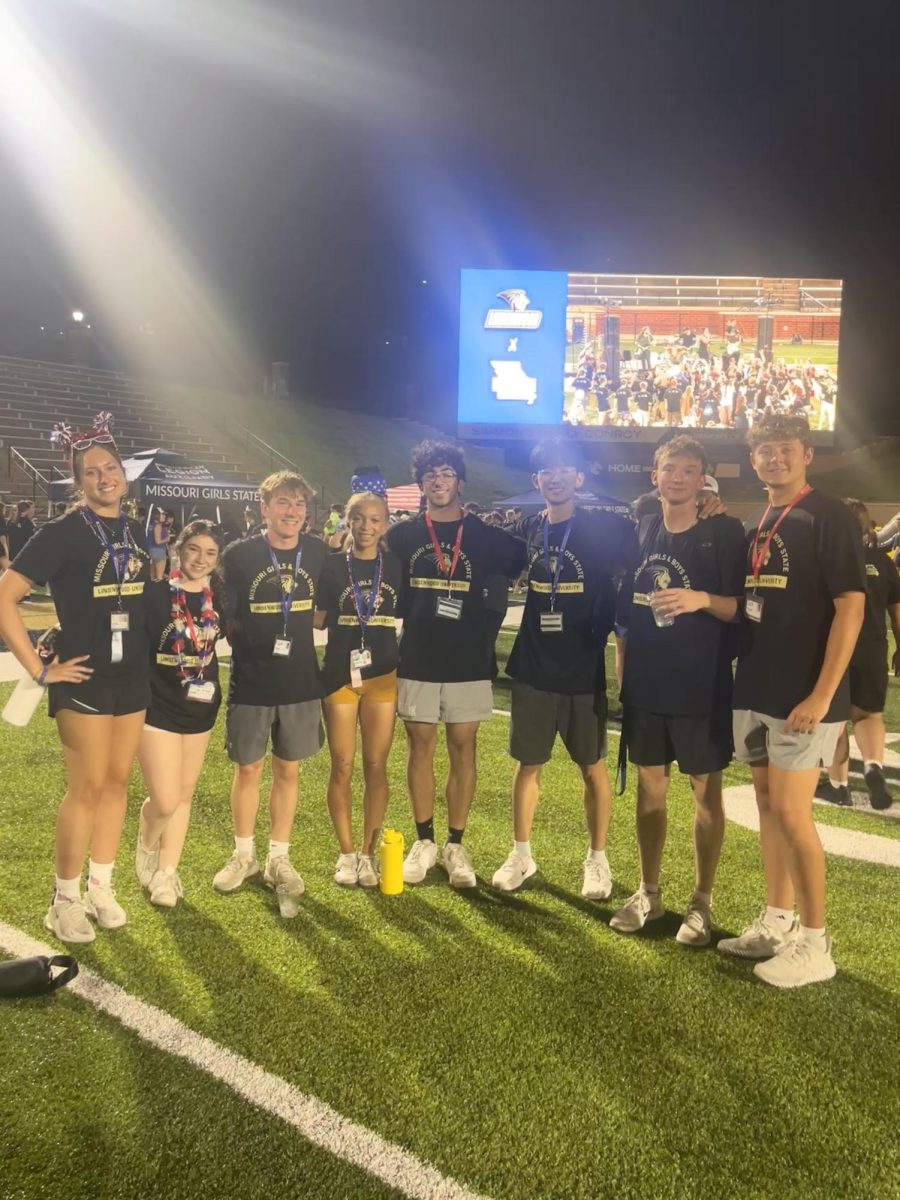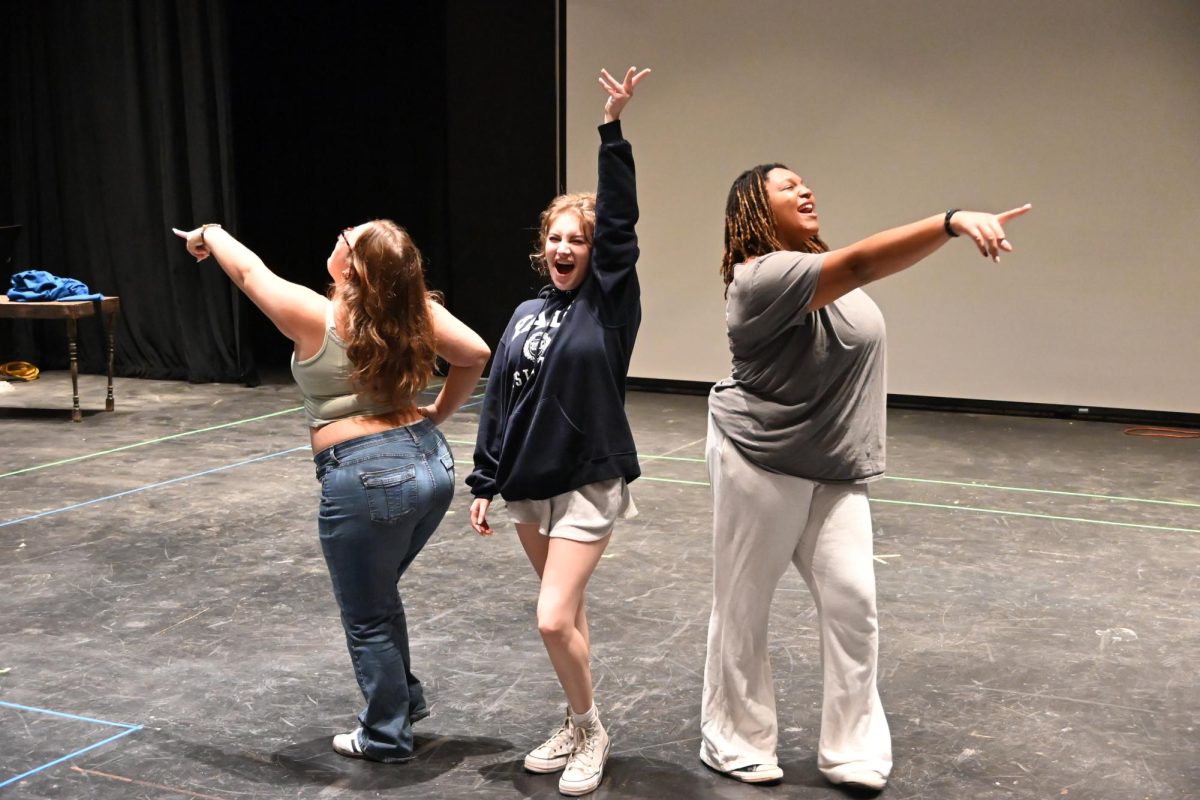As seniors make decisions about what they want to do in the coming years, many will follow the traditional route and attend a four-year college. But, there will be a few that take a different path, whether that is as close to home as community college, or traveling around the world to help at risk youth.

Many students, like senior Nathan Mikitin, attend a community college because they want to earn credit without the bills that often come with a college acceptance letter.
“It’s a good start for getting where I want to go in life,” Mikitin said. “Right now my plan is to see if I can find any classes that have transferable credits or hours and see if I can get into a four-year college.”
Others, like senior Tal Halperin, choose to travel farther from home to pursue different programs.
“The program is called Tzofim Shnat Sherut,” Halperin said. “The program places you in an apartment with 3-5 other 18 year olds in an area with poverty, crime, or at risk children.”
Students who partake in this program are placed in different areas throughout Israel and complete a variety of jobs.
“Each location has a different task ranging from creating or running an after school program for the kids, helping children in school who fall behind, to bringing the community together through events and activities,” Halperin said. “The overarching goal is to be an influential part of the community and to be a role model for kids who everyone else gave up on.”
Senior Mingyu Kang, who is originally from South Korea, is joining the MAVNI program so he can expedite the citizenship process.
“The thing with this program is they give out citizenship within 9 weeks of the program,” Kang said. “So I enlist and I get shipped out to Ft. Jackson, South Carolina this August 19th, and after 9 weeks of that basic training I get my citizenship. So, I bypass all the green card processes, and I will gain American Citizenship.”
While this might extend Kang’s time before he can start his career, it does not seem to worry them.
“Initially I wanted to do programming, and I actually get to change to that job after completing two years of my initial job as a doctor,” Kang said. “I think I’ll take my job as programmer after tha
t term. The thing with programming is, if you are skilled at it and people at the companies see you, then you don’t really need a college education to get a decent job.”
While some plan to attend traditional college after their current plans, many others continue their work and make a career out of it.
“The main purpose of the program is to work with at risk children in impoverished areas and be an active member of the community, which could definitely shape my future plans,” Halperin said. “I wouldn’t be surprised if I decide to join the Israeli Defense Force or go on to other community service oriented projects after doing this gap year.”
Mikitin echoes Halperin’s point that the time after high school is when people will begin to find their calling.
“College, and the years after high school in general, are there for you to find what you want to do with your life,” Mikitin said.



